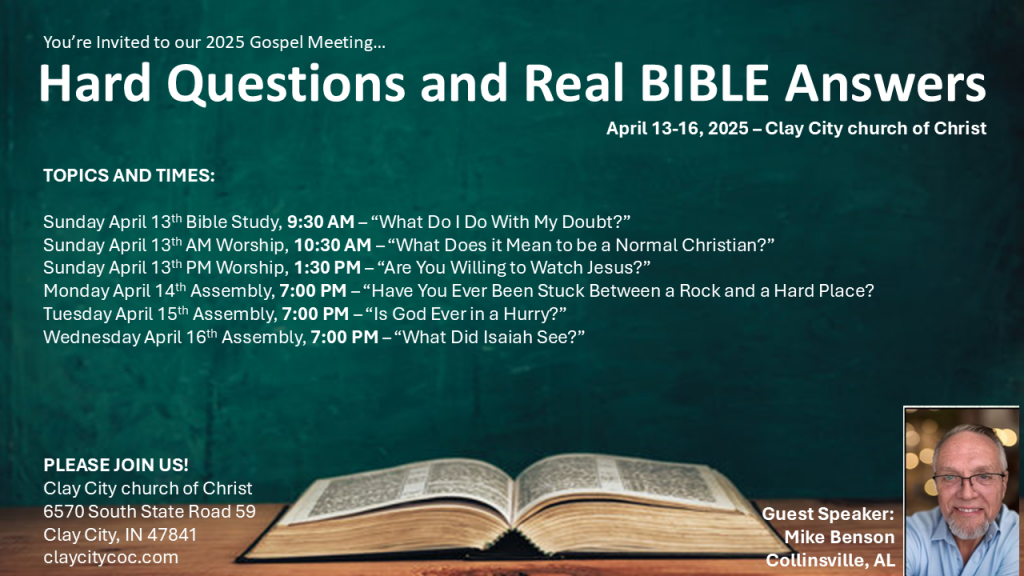Two adults. Two adults who love one another. Two adults who have been educated. Two adults who have experienced much in life. Two adults who have skills and abilities. To adults who desired to have children. Two adults who are part of their children physically. Two adults who share a love for their children. Two adults who are part of their children’s lives from conception. Two adults who provide an environment in which their children live. Two adults who nourish and protect and guide their children beginning at the day of birth. Two adults who help their children reach the major milestones of life. Two adults who educate, train, counsel, and discipline their children for at least eighteen years of life. Two adults who sacrifice time, money, and personal gain in order to give good gifts to their children. Two adults who are supposed to be spiritually mature individuals who introduce their children to the Father, Son, and Holy Spirit. Two adults who provide a pattern of Christian living in the presence of their children for eighteen or more years. Two adults who bring their children up in the nurture and admonition of the Lord. These two adults are called parents. With all that has been stated in this paragraph, and, with much more that could be said, we exhort individuals, especially parents, not to underestimate their roles in the lives of those precious gifts of God called children.
Oh yes, there are a host of things that can influence a child in a negative way in this world. However, God has provided parents as the most powerful offensive weapon and the most effective defensive system to meet and overcome every evil influence that presents itself to their offspring. Noah is a wonderful example. The world of Noah’s day was extremely wicked. “And God saw that the wickedness of man was great in the earth, and that every imagination of the thoughts of his heart was only evil continually” (Gen. 6:5). And again: “The earth also was corrupt before God, and the earth was filled with violence. And God looked upon the earth, and, behold it was corrupt; for all flesh had corrupted his way upon the earth” (Gen. 6:11-12). The inhabitants of the earth in the time of Noah were so vile that God pronounced judgment upon the earth. “And God said unto Noah, The end of all flesh is come before me; for the earth is filled with violence through them; and, behold, I will destroy them with the earth…And, behold, I, even I, do bring a flood of waters upon the earth, to destroy all flesh, wherein is the breath of life, from under heaven; and every thing that is in the earth shall die” (Gen. 6:13, 17).
When the flood waters came to destroy living human beings on the earth, eight souls were saved by water (See 1 Pet. 3:20). These eight souls were Noah, Noah’s wife, Noah’s three sons, and the three wives of Noah’s sons. In other words, Noah saved his immediate family. “And Noah went in, and his sons, and his wife, and his sons’ wives with him into the ark, because of the waters of the flood” (Gen. 7:7). Did Noah just get lucky with his family? Absolutely not. The Bible describes Noah in several ways. The first description is found in Genesis 6:9. “These are the generations of Noah: Noah was a just man and perfect in his generations, and Noah walked with God.” Twice the flood account reveals the fact that Noah was an obedient man. “Thus did Noah according to all God commanded him, so did he” (Gen. 6:22). “And Noah did according unto all that the Lord commanded him” (Gen. 7:5). Noah could be described in these ways because he was a man of great faith. His faith manifested itself in such a powerful way that the inspired writer of Hebrews included him in “The Hall of Fame of the Faithful” in Hebrews 11. “By faith Noah, being warned of God of things not seen as yet, moved with fear, prepared an ark to the saving of his house; by the which he condemned the world, and became the heir of righteousness which is by faith” (Heb. 11:7). Noah lived in such a way that his wife honored and submitted to him. Noah passed on his faith to his sons. Their lives were a positive influence on their women who became their wives. Their faithfulness to God saved them from the destructive waters of the flood. “And God spake unto Noah, saying, go forth of the ark, thou, and thy wife, and they sons, and thy sons’ wives with thee…And Noah went forth, and his sons, and his wife, and his sons’ wives with him” (Gen. 8:15-16, 18).
It is interesting that when we think of Bible greats, we are usually told something about their faithful and godly parents. Moses was a notable man within Israel. He led the children of Israel out of Egyptian bondage and brought them near unto the Promised Land. When Moses was born his parents manifested great faith. Their faith, like that of Noah, is included in Hebrews 11. “By faith Moses, when he was born, was hid three months of his parents, because they saw that he was a proper child; and they were not afraid of the king’s commandment” (Heb. 11:23). Samuel was a prophet, priest, and judge in Israel. His mother, Hannah, was a godly woman who turned to God in her affliction and dedicated her son, the answer to her prayer, to God all the days of his life (See 1 Sam. 1:10-11, 24). The prophet and forerunner of Jesus named John had righteous parents as well. “There was in the days of Herod, the king of Judea, a certain priest name Zacharias, of the course of Abia: and his wife was of the daughters of Aaron, and her name was Elisabeth. And they were both righteous before God, walking in all the commandments and ordinances of the Lord blameless” (Luke 1:5-6). We also read about a man named Timothy in the Bible. He became a loyal companion of the apostle Paul. Timothy’s father was a Greek, but his mother was a Jew of tremendous faith. When Paul examined the faith of the young man Timothy, he knew exactly the person from whom he received it. “When I call to remembrance the unfeigned faith that is in thee, which dwelt first in thy grandmother Lois, and thy mother Eunice; and I am persuaded that in thee also” (2 Tim. 1:5).
All of these examples are not just fairy tales. They are real accounts in the lives of God’s faithful in days gone by. They help us to understand just how important parents are in the lives of their children. Parents must never assume that they have little, if any, influence in the lives of their children. Instead, they must see themselves as the dominant influence in their children’s lives. With this understanding, they need to parent with love, with focus, with intentionality, and with great faith in God. The wise writer clearly set forth this proverb: “Train up a child in the way he should go: and when he is old, he will not depart from it” (Prov. 22:6). Yes, there are exceptions to the rule. But, parents, please do not focus on the exceptions. Focus on your roles as parents. Do your due diligence to bring your children up in the nurture and admonition of the Lord (See Eph. 6:4). Please understand that you are the most powerful influence in the lives of your children other than the Lord Jesus Christ.
(written by Victor Eskew, used with permission)


